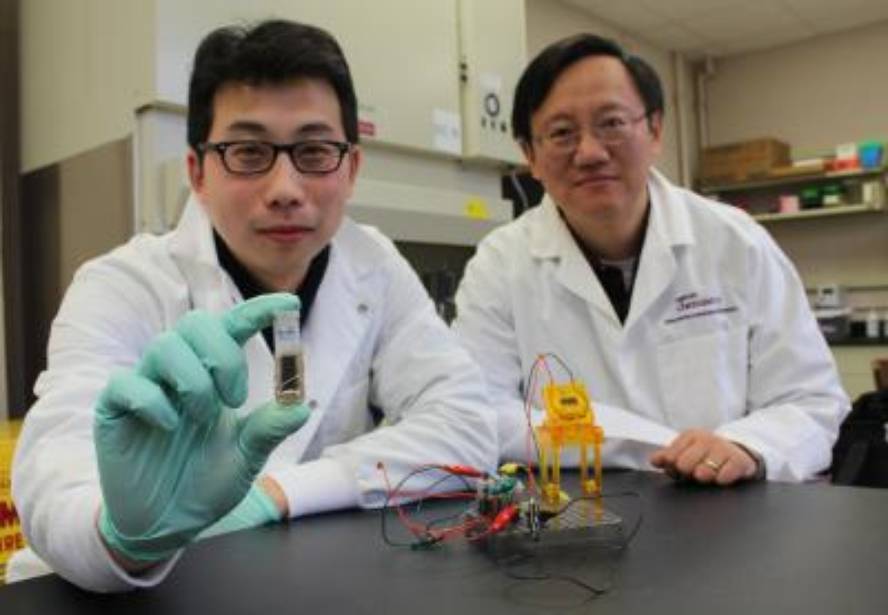Sweet batteries sweet sweet batteries
A research team from the Virginia Polytechnic Institute and the University has developed a battery that works with sugar. The new batteries have a large capacity for energy storage and are rechargeable and biodegradable. Therefore, it is possible that in the future it will become a substitute for conventional batteries.
And. H. H. The study of the group led by professor Percival Zhang has been published in the journal Nature Communications. The researcher has an absolute sense to start using sugar batteries that have no effect on the environment, “because sugar is the perfect compound of nature to store energy.”
In order to develop the sugar batteries, Zhang's team has followed the line of work that has been faithful to him in recent years: mixing enzymes present in nature in non-natural combinations. In this case, they built a synthetic enzyme that would act as a catalyst for reaction. This enzyme, in the fuel cells formed by enzymes, allows to use all the potential loading of sugar.
Like the rest of fuel cells, the sugar battery combines air and fuel, in this case maltodextrin, to produce electricity and water.
Sugar batteries have no risk of explosion, are not flammable, and have higher energy storage capacity. Considering that every year there are millions of batteries that are thrown in the garbage, from the environmental point of view the sugar batteries seem an adequate solution.
The batteries made of sugar, in principle, are nothing new, but those developed by the Virginia Tech research team, have a much greater capacity than those presented so far to recharge mobile phones. The same Percival Zhang, in 2008, presented the way to obtain hydrogen from sugar, indicating that in the future they could replace fuels derived from oil.







